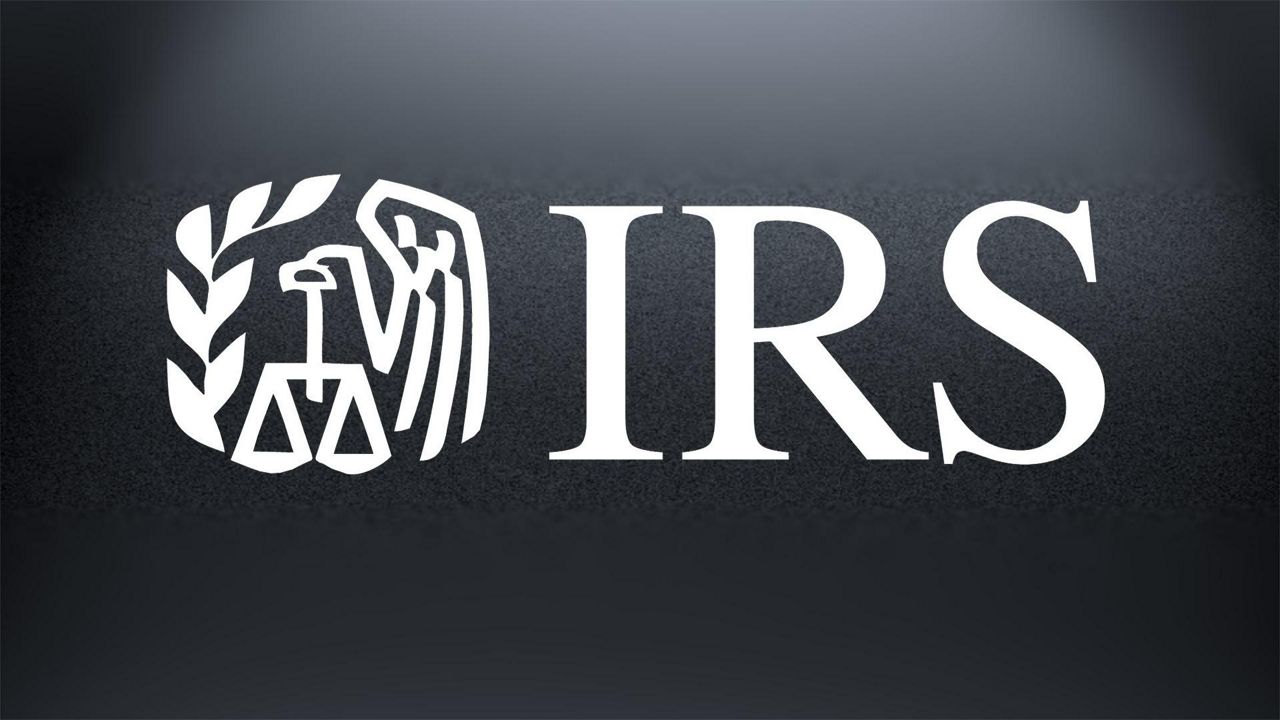The Internal Revenue Service recently announced that it will pursue a more aggressive approach to ensuring taxpayer compliance and that it will place an emphasis on investigating non-compliant high-income taxpayers. In the following article, Optima Tax Relief reviews the agency’s new strategy, which includes increasing the number of field agents sent to conduct in-person visits.
In 2019, the projected gross tax gap – the difference between the amount of taxes owed and the amount paid – was over $440 billion, according to the 2019 Strategic Tax Plan report. In its continuing effort to diminish the tax gap, the IRS has initiated a robust taxpayer compliance strategy. The strategy, buoyed by the hiring of investigative personnel, will focus on sending agents to personally interview non-compliant taxpayers at a higher rate than in previous years.
Non-compliant high-income tax filers are categorized as people who earn over $100,000 during a tax year, yet either fail to file an income tax return or fail to report the correct income. These non-compliant filers will be closely scrutinized by IRS personnel, known as revenue officers, to ensure the speedy resolution of any discrepancies. Resolution for non-compliant taxpayers who owe payment may include paying in full immediately, setting up a payment plan, or filing a request to delay collection temporarily.
The IRS may legally pursue aggressive enforcement measures on those who refuse to make their tax payment. These may involve either civil or criminal actions.
Non-compliant high-income taxpayers will receive numerous notifications by mail of their delinquent status before a revenue officer visits. In addition to the mailed communications, revenue officers will possess two official IRS credentials. These credentials will include a photograph of the revenue officer and a serial number, which the taxpayer being visited may legally inspect.
The revenue officer will not issue threats, or demand or accept atypical payment forms. The taxpayer may write a check payable to the United States Treasury and provide it to the revenue officer at the time of the visit.
The objective of the enhanced pursuit of non-compliant taxpayers is to allow filers to resolve their tax burden as simply and efficiently as possible, and to help build compliant taxpayer confidence in the agency’s commitment to fair and transparent operations.
To learn more about the actions the IRS may take in ensuring tax compliance, please visit the IRS Putting Taxpayers First initiative page.
Sponsored content

Leave a Reply